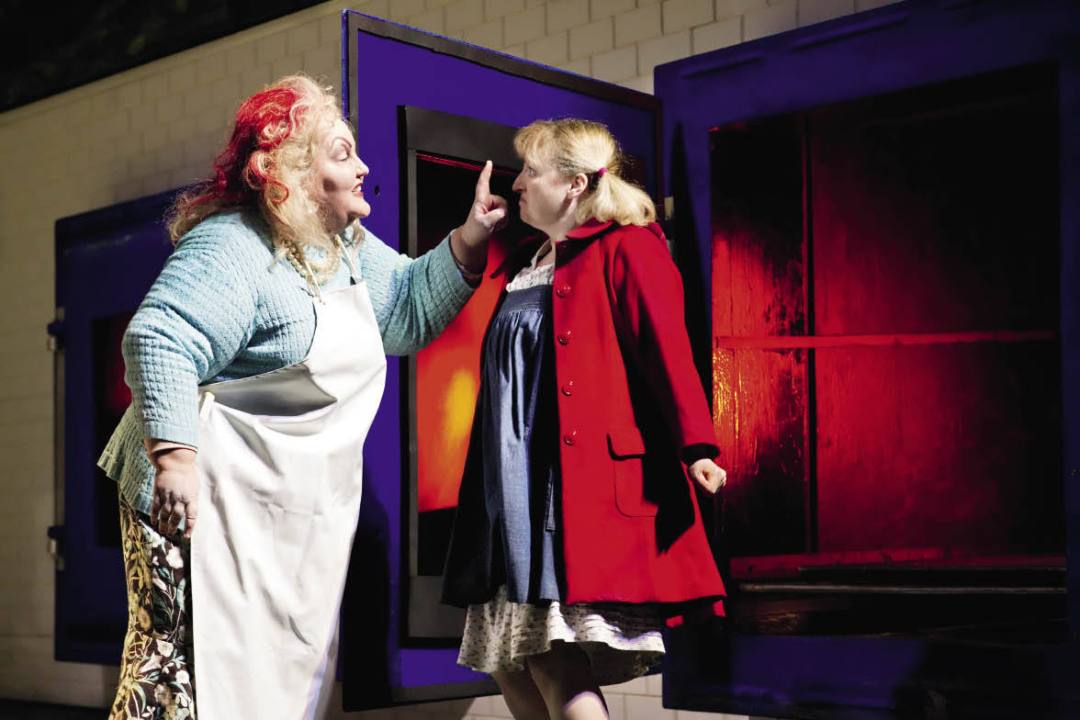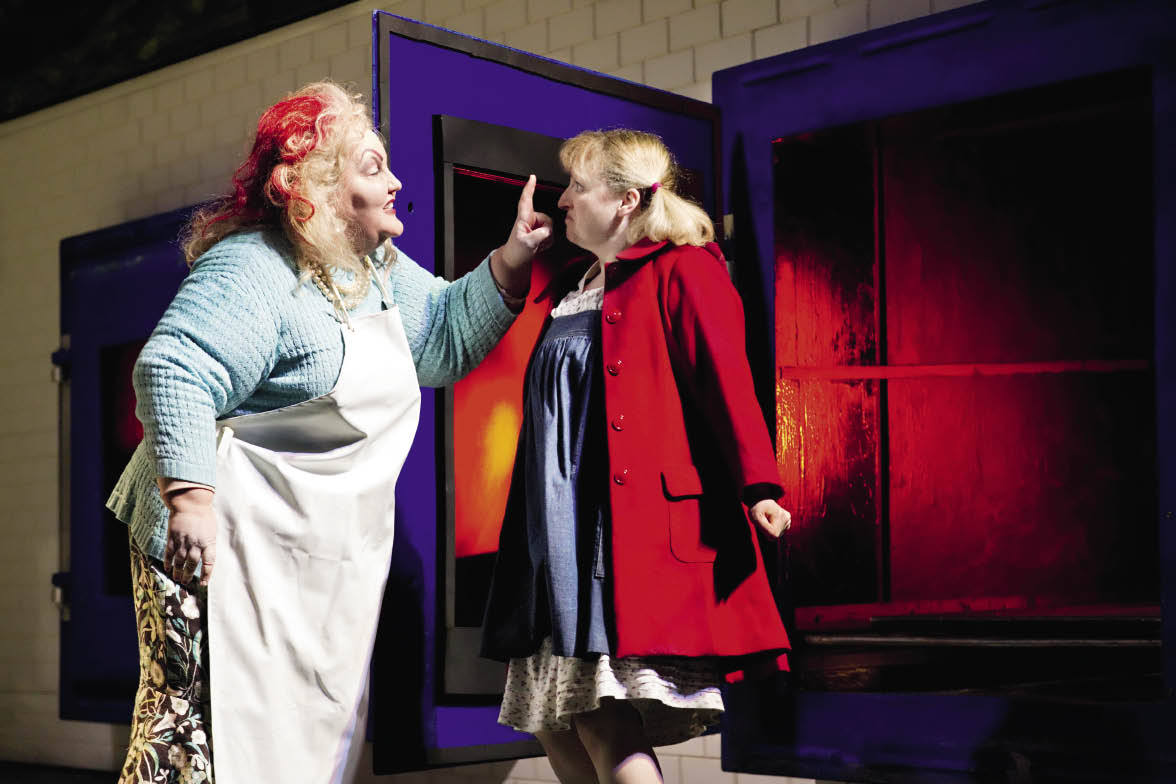Is Humperdinck’s Hänsel und Gretel an opera for children of all ages, or for grown-ups and for children, or mainly for grown-ups? I went to the Royal Opera’s revival of it just after Christmas, to a 12.30 matinée (there were several), which I took to be for the benefit of children, as well as possibly being an unusual piece of thoughtfulness about transport on the part of the management.
Is Humperdinck’s Hänsel und Gretel an opera for children of all ages, or for grown-ups and for children, or mainly for grown-ups? I went to the Royal Opera’s revival of it just after Christmas, to a 12.30 matinée (there were several), which I took to be for the benefit of children, as well as possibly being an unusual piece of thoughtfulness about transport on the part of the management. There were disappointingly few children there, though, and very little audible reaction on the part of those that were there; I’d hoped for something a little more like a pantomime audience.
Anyone seeing this production of the Caurier-Leiser team might well be puzzled about how to take it. The first two acts are, so far as what we see goes, fairly nondescript. The children’s bedroom is a triangular affair, with nothing suggestive of the acute poverty which is the most genuinely upsetting feature of the work. Act II gives us a mainly two-dimensional forest, though recesses are revealed as the action proceeds. The dream pantomime, with angels descending to the score’s glorious music, is unforgivably kitschy, the angels with light bulbs illuminating the insides of their wings. A failure of taste on this scale was bewildering first time round; its survival is gross.
With Act III things take a quite different turn after the teeny gingerbread house appears. Once the Witch takes command of the situation, not only do we get immense ovens on one side of the stage, but at the back, seen through glass, is her abattoir, with children’s bodies in varying degrees of disintegration hanging from meat hooks. And the relish with which the Witch bastes them before sliding them into the ovens might turn anyone’s stomach.
There are critics who see this scene as presaging the most ghastly things that happened in the Third Reich, but they seem to me not to have realised the overall genial nature of Humperdinck’s conception, nor to have noticed what kind of music he wrote for the scene. Actually, he seems to have run out of inspiration and ideas, as well he might have, after the dream pantomime, with the Dew Fairy largely recapitulating the music of the Sandman. But the Siegfried Act II jauntiness of the Witch’s music doesn’t suggest that we are supposed to be witnessing anything as scary as we see at the Royal Opera, and the ease with which she is dispatched and the decaying children are redeemed is either parodistic of Wagner or just light-hearted.
The musical side of the performance was far more satisfactory, though I had to get over the disappointment of not seeing Christine Rice’s Hänsel. Rice was ill, and we had her cover Kai Rüütel, who was perfectly satisfactory. So was everyone else, though Ailish Tynan’s Gretel didn’t look as if her hunger was the result of under-nourishment. Jane Henschel was a Witch of heroic Wagnerian calibre, and the same might be said of Yvonne Howard’s Mother. And Thomas Allen might have sung everyone else off the stage if Father had more music. Rory Macdonald’s conducting was tremendous — everyone who conducts this score seems, appropriately, to be bewitched by it, and to succeed in passing on the magic, but this was an extraordinary treat.
I have listened twice to a tape of the Royal Opera’s Tannhäuser, having been bitterly disappointed by the production when I saw it, to the extent that I doubted whether I was able to enjoy the musical side as much as I should. My apprehensions were right. Putting the production as completely out of mind as I could, I found the performance — presumably later than the one I attended — to be fine, if not as remarkable as Lohengrin had been under the same conductor, Semyon Bychkov, in 2009.
The longueurs which I experienced acutely in the theatre turned out to be wholly the result of ineptitude on the producer’s part, with singers standing around and failing conspicuously to interact, so that their lack of connection fed into the texture of the music. I was conscious, listening, that Eva-Maria Westbroek’s voice has hardened and that there is now a wobble in her higher notes; nor was her rival for Tannhäuser’s affections, or soul, the Venus of Michaela Schuster, the ideal vocal seductress.
But the male side was all strong, the Landgrave of Christof Fischesser impressing for the unusual animation he brought to his role. And, thanks to Bychkov, the feature of the opera which should be inescapable but which never surfaced in the theatre, the tug of war for this odd hero, a man without qualities, a battle so peculiar that Wagner never settled on how to resolve it, was painfully vivid in the relay.
Which leaves me unsure whether to admire or despise anyone who tells me that the perversities and irrelevances of the production simply ‘don’t matter’ because the musical performance is so captivating. Is it quaint to go to the opera expecting a unified experience?
JOHAN PERSSON







Comments